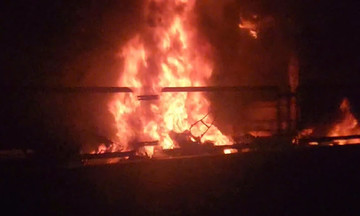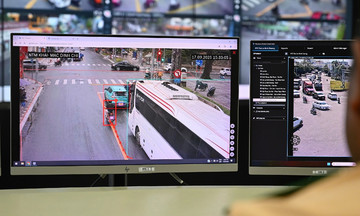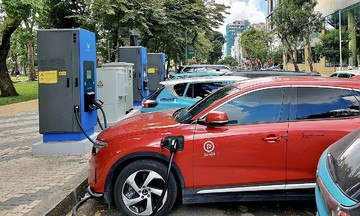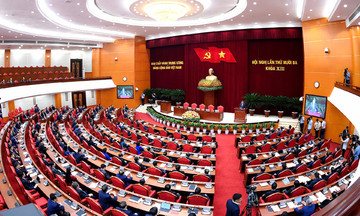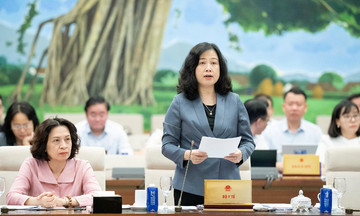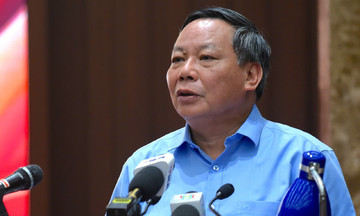According to Le Quynh Mai, Vice Chairman of Deo Ca Group, the company, along with domestic and international partners, has researched investment options for the Da Nang - Hoi An urban railway. The group has proposed to the Da Nang People's Committee to allow them to prepare project documents under the PPP Law, with expected implementation as early as September.
Mai stated that investors believe the technology and engineering factors ensure the project's feasibility for completion by 2030. After this phase, the railway could be extended to Tam Ky and Chu Lai, forming a regional network.
The railway can utilize flexible investment methods, such as a build-transfer (BT) contract paid with land funds and budget; a contract combining land fund payments and operation by the investor; or a build-own-operate (BOO) contract, where the investor operates the railway project and is the project's main investor.
 |
Da Nang city center. Photo: Nguyen Dong |
Da Nang city center. Photo: Nguyen Dong
The project research proposal process will be implemented in three steps: initial, mid-term, and final reports. In each phase, the city's People's Committee will coordinate with the investor to ensure transparency and efficiency.
At a meeting with Deo Ca Group on 10/9, Le Quang Nam, Vice Chairman of the Da Nang People's Committee, said the committee would review the project proposal to select a suitable investor. The entire bidding process will be conducted publicly and in accordance with regulations.
Currently, Da Nang has no urban railway. According to the plan up to 2030, the city will begin forming a network of two lines, with a total length of 24 km. By 2040, there will be three lines with a length of 49 km, and by 2045, it will expand to 11 lines with 131 km.
According to the master plan, the city will have two metro lines, 11 light rail lines, and three tourist LRT lines to meet urban transportation and tourism development needs.
Doan Loan



